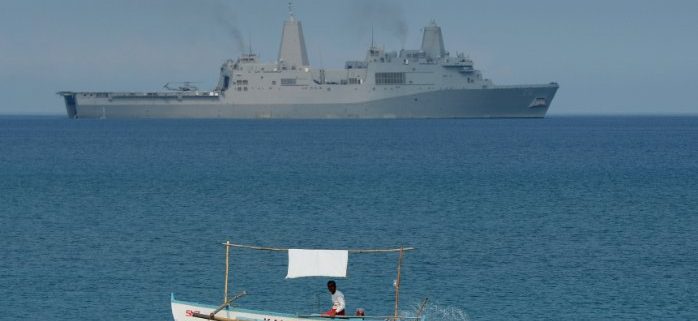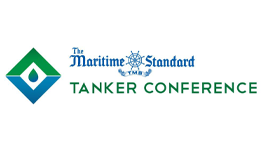South China Sea Ruling: It’s Politics Not Logist

By Shane Hebzynski, Network Development Manager at X2 Logistics Networks
The United Nations court in The Hague issued their ruling on a a case in favor of the Philippines against China over claimed areas in the South China Sea. The case brought to the United Nations regarding the South China Sea claims is part of the “Nine-Dash Line†that has been used by China to illustrate their claims in the area.
The case hearings were boycotted by China and were immediately rejected by the Chinese government, despite being a signatory to the UN Convention on the Law of the Sea (UNCLOS), which compels signatory parties to partake in a dispute settlement process.
The Philippines are the first to take China to an international court. Brunei, Malaysia, Taiwan, and Vietnam are all countries with claims in disputed South China Sea areas.
It’s Not Logistics, So What?
Over $5 trillion in cargo value passes through the South China Sea annually. That’s a lot of cargo and for many it’s not a worry due to the free navigation of the seas. But with tensions and potential aggressive actions could force alternative routes for shipboard cargo. In tonnage, more than 50% of the world’s merchant fleet tonnage sails through the Straits of Malacca, Sunda, and Lombok continuing into the South China Sea. The number of tankers that pass through the Strait of Malacca to enter into the South China Sea is well over triple that of the number that sails through the Suez Canal and 5 times that of the Panama Canal
.
When exiting the Strait of Malacca, most traffic passes the Spratly Islands, which is the most contested grouping of rocks and shoals in the area due to the resources that are expected to be under the ocean floor.
Based on tonnage, raw materials to East Asia dominate sea shipment traffic. In second place are raw materials. 66% of the world’s LNG shipments move through the area, with most of the traffic destined to Japan.
The actions of the Chinese government following their rejection of the decision could have a significant impact on global trade. If for some reason shipping companies feel that the area is unsafe for their ships and the cargo that they’re carrying, transit times would see drastic increases and this would not only affect regional trade transit times, but it would be paired with increased rates due to extended routes as the Strait of Malacca would be inaccessible.
If you’re in the logistics industry, especially if an SME, pay attention to current events and create contingency plans based on possible developments. A situation like what we are seeing in the South China Sea could flip overnight and many would likely be unprepared for what would be an immediate and drastic change from what had been the status quo just hours earlier.
As we had seen with the Brexit and may also see with the South China Sea, the influence of the 24-hour news cycle is present and its influence isn’t going away or even waning. Markets rise and drop while half the world sleeps. Changes are immediate, and far too often, smaller companies are unprepared for change because of a falsely perceived distance between their position and the influence of regional or global events.
SME owners and leaders, take the time to understand events outside of your immediate realm and plan for potential changes that can be effected by those same events.
Member Testimonials
Our Partners
X2 Conference
Our special networking event is about smart freight forwarders coming together to grow and develop business within the group by providing an opportunity for all members to gather in one place to form and extend personal relationships.
- 1
- 2
- 3
- 4
- 5
- 6
- 7
- 8
- 9
- 10
- 11
- 12

NEW YORK
- 1
- 2
- 3
- 4
- 5
- 6
- 7
- 8
- 9
- 10
- 11
- 12

sao paulo
- 1
- 2
- 3
- 4
- 5
- 6
- 7
- 8
- 9
- 10
- 11
- 12

london
- 1
- 2
- 3
- 4
- 5
- 6
- 7
- 8
- 9
- 10
- 11
- 12

dubai
- 1
- 2
- 3
- 4
- 5
- 6
- 7
- 8
- 9
- 10
- 11
- 12

bangkok
- 1
- 2
- 3
- 4
- 5
- 6
- 7
- 8
- 9
- 10
- 11
- 12

hong kong
- 1
- 2
- 3
- 4
- 5
- 6
- 7
- 8
- 9
- 10
- 11
- 12

tokyo
- 1
- 2
- 3
- 4
- 5
- 6
- 7
- 8
- 9
- 10
- 11
- 12

sydney
Book a Discovery Call with our Network Development Managers
Got questions or want to explore new opportunities within our networks? Schedule a one on one meeting with our Network Development Managers.


























.jpg)








































